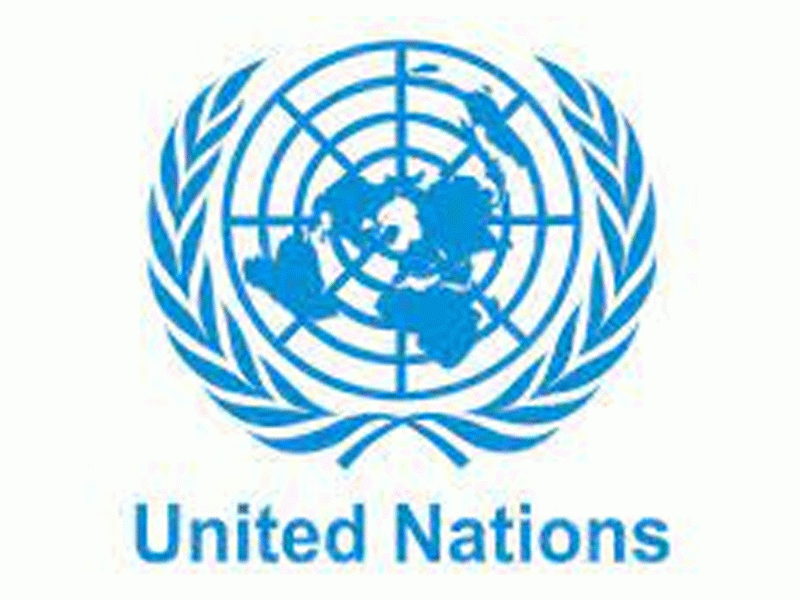By Temitope Ponle
The United Nations Development Programme (UNDP) says it will focus on improving transparency of the credit ratings methodologies to lower costs of borrowing in Africa.
In a webinar, Dr Raymond Gilpin, Chief Economist, Africa Bureau, UNDP, New York, said this in his remarks delivered at the United Nations University on Friday.
The webinar was tagged “Lowering the Cost of Borrowing in Africa”, UNDP Policy Recommendation.
According to an analysis by the United Nations Economic Commission for Africa (UNECA), $1.3 trillion dollars will need to be invested in the continent each year to reach the Sustainable Development Goals (SDGs) by 2030.
However, African countries cannot cover these investments with income from trade and grant aid and the continent is estimated to be short of $200 billion dollars each year to achieve the SDGs.
Furthermore, the major credit rating agencies determine the creditworthiness of African borrowing countries, each of which determines the amount of interest a country pays on its debt and the amount of money that flows into the borrowing country.
The three major credit ratings agencies are: FitchRatings, Moody’s, and Standard & Poor’s.
Gilpin said the agencies were acting with inadequate data on African countries to rate them.
The economist also said the UNDP and its partners would focus on improving transparency of the credit ratings methodologies, so it was clear to the African countries and clearer to investors.
Moreso, he said they would adopt standardised alternative ratings. “This is not to replace the big three credit ratings, because that would not be very wise.
“European countries did something similar when in the wake of the global financial crisis, and a number of European countries were rated poorly because of that effect.
”And the European Commission believed that it was because there was inadequate data and some opaqueness, so there were requirements that were put to address that to make sure that the ratings reflected actual risks and not just a panic after the financial institutions.
“So that is what we want to do in the African case as well, not create a new institution that is going to replace, but in it be able to complement what there is, so there will be a better picture of what risk actually looks like.”
Gilpin said most African countries understood how to deal with multilateral institutions, like the International Monetary Fund, but were not aware of how to deal with credit ratings institutions.
He said most of them did not have the technical expertise or understood the process well.
“We want to support them so that they would be able to be better players in this process, and then, in this context, we believe that much more should be done to support African countries before, during and after the ratings agencies.”
The UNDP representative also said the organisation would assist African countries with a data platform that had traditional and non-traditional data sources like the one used by trading economics.
“We also want this data platform to have the methodologies of all the credit ratings agencies, so African countries could see how they are rated, why they are rated, and so on, and make this data platform available to all African countries, development partners, credit ratings agencies, because we want to close the data availability gap.
“This is something we have already started working on.”
He also said the UNDP would establish a group of advisors to make available to African countries when the credit ratings process is ongoing.
“In our conversations with some of the credit ratings agencies, they made it clear to us that because of a lack of capacity in African countries, there is not so much constructive feedback to the initial drafts of the ratings, and at times, it takes much longer, and they have a timeline after, I think it is two months, and they have to publish.
“If we are able to support the African countries, then they will be able to do the analysis, and maybe from domestic and other sources, close certain data gaps.”
The economist said assisting African countries with data and establishing a group of advisors were the immediate things the UNDP could do for now.
“In that context, lowering the costs of borrowing is a development imperative in Africa,” he said. (NAN)




